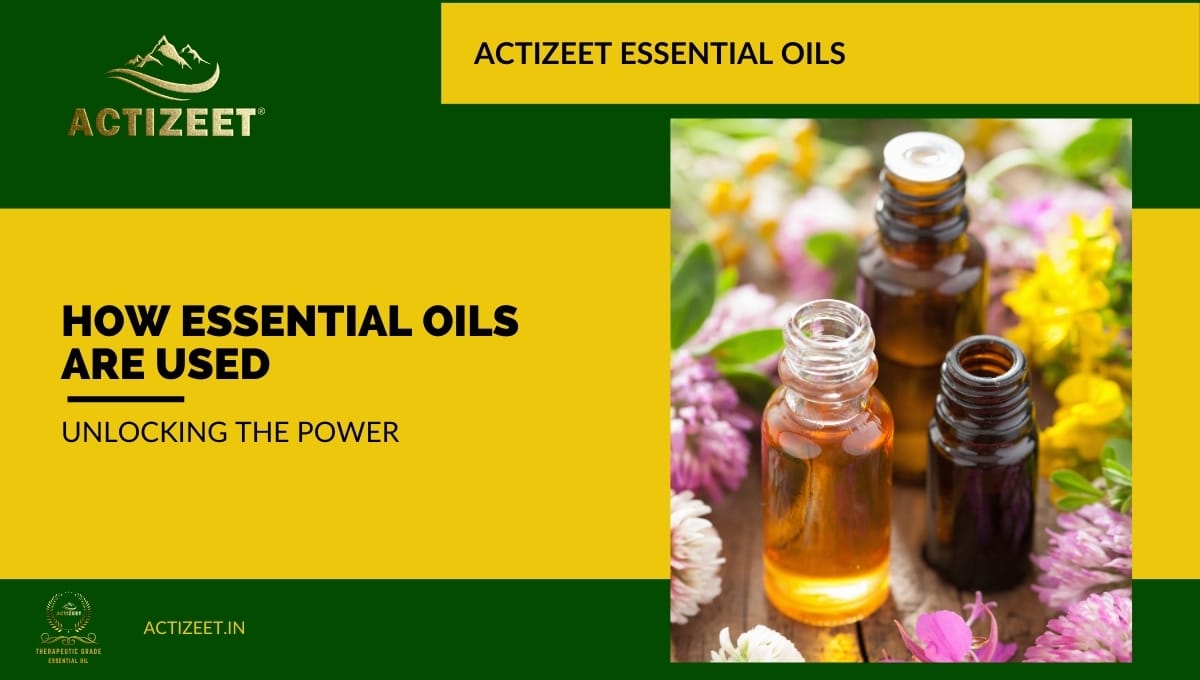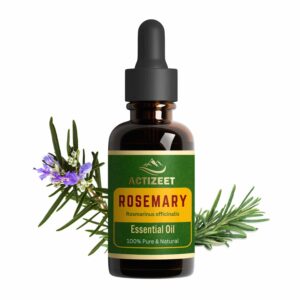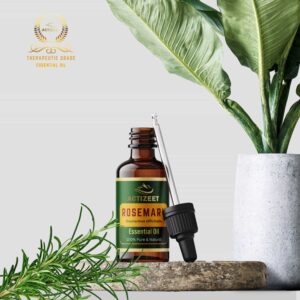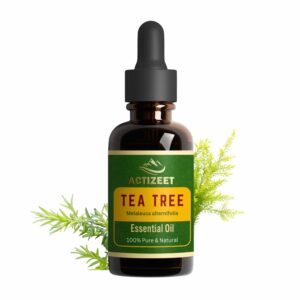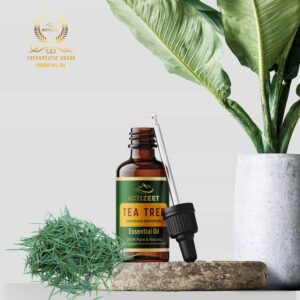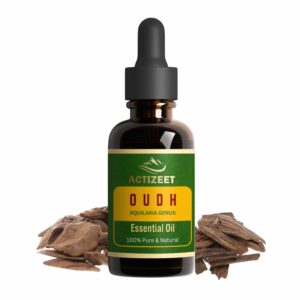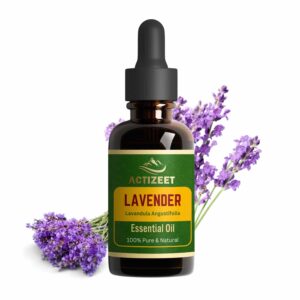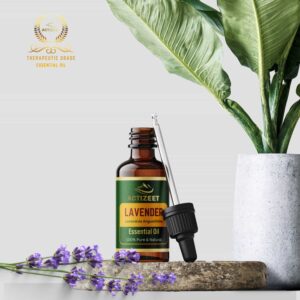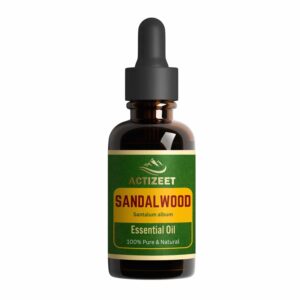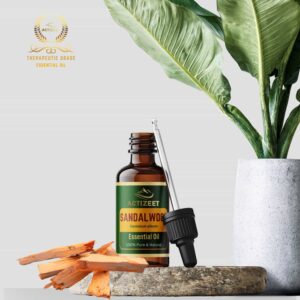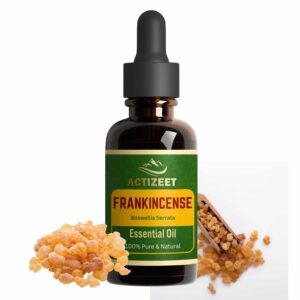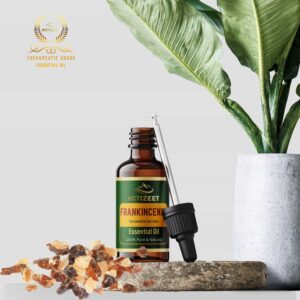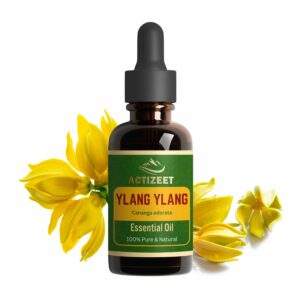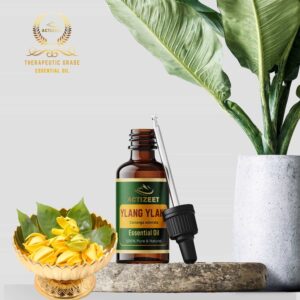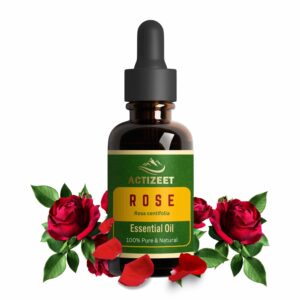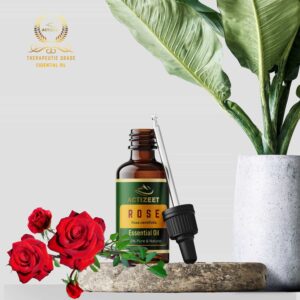Essential oils have become all the rage in recent years, but what exactly are they? Well, think of them as nature’s concentrated magic potions. These aromatic substances are derived from various parts of plants, such as leaves, flowers, or even roots.
The extraction process is a delicate dance between science and artistry. Most commonly, essential oils are obtained through methods like steam distillation or cold pressing.
Take lavender oil, for example. Its heavenly scent comes from the steam distillation of lavender flowers.
The process involves carefully heating the flowers with water vapour, causing the essential oil to evaporate and then condense into a liquid form. The result is a pure and potent essence that captures the true essence of lavender.
Table of Contents
ToggleHistorical Usage and Cultural Significance
The use of essential oils dates back thousands of years to ancient civilizations like Egypt, China, India, and Greece. These cultures recognized the power of plant extracts long before modern science caught up. Essential oils were treasured for their therapeutic qualities and were often used in religious rituals or for medicinal purposes.
For instance, ancient Egyptians believed that essential oils possessed spiritual properties that could ward off evil spirits while aiding physical ailments. They incorporated these precious elixirs into their embalming practices and even used them in cosmetics.
In Traditional Chinese Medicine (TCM), essential oils have been utilized for balancing energy flows within the body to promote overall well-being. In India’s Ayurvedic tradition, aromatic herbs were celebrated for their ability to enhance meditation practices and promote harmony between mind, body, and spirit.
Throughout history, different cultures have embraced these fragrant wonders with great reverence. Their cultural significance extends beyond mere practical applications; they are intertwined with spirituality and holistic wellness practices that continue to captivate us today.
Aromatherapy for Relaxation and Stress Relief
Aromatherapy, the practice of using essential oils for therapeutic purposes, has gained immense popularity in recent years. One of the most well-known uses of essential oils in this realm is relaxation and stress relief. When it comes to calming effects, lavender oil takes centre stage.
Its gentle floral aroma has a soothing impact on the mind and body, helping to reduce anxiety and promote a sense of tranquility. Many people find that inhaling lavender oil or using it in a diffuser before bedtime aids in achieving a more restful sleep.
Another essential oil that plays a role in relaxation is chamomile oil. Known for its mild, apple-like fragrance, chamomile oil has been used for centuries to alleviate stress and enhance sleep quality.
Its calming properties make it an excellent choice for those struggling with insomnia or feelings of restlessness. By incorporating chamomile oil into your nighttime routine—through aromatherapy diffusers or diluted in carrier oils like almond or coconut – you can create an atmosphere conducive to relaxation and improved sleep.
Skincare and Beauty Applications
While essential oils are commonly associated with their aromatic qualities, they also offer numerous benefits when it comes to skincare and beauty applications. One such oil is tea tree oil, renowned for its potent antimicrobial properties that make it highly effective against acne-causing bacteria.
Tea tree oil works by reducing inflammation while also unclogging pores, making it an excellent natural alternative to traditional acne treatments. It’s important to note that tea tree oil should always be properly diluted before being applied topically to avoid skin irritation.
For those concerned about signs of ageing, rosehip oil proves remarkable as an anti-ageing agent due to its high concentration of vitamins A and C. These vitamins are known for their ability to promote collagen production while reducing the appearance of fine lines and wrinkles. When applied topically, rosehip oil can improve skin elasticity and firmness, leaving you with a more youthful complexion.
Additionally, its nourishing properties help to hydrate the skin and even out skin tone. Incorporating a few drops of rosehip oil into your skincare routine can work wonders in your quest for ageless beauty.
Household Cleaning and Disinfecting
Essential oils are not only beneficial for personal well-being but also have remarkable uses when it comes to household cleaning and disinfecting. Lemon oil, with its invigorating citrus scent, serves as a natural degreaser and disinfectant.
Its acidic properties make it effective in cutting through grease and grime on surfaces like countertops or stovetops. By adding a few drops of lemon oil to your homemade cleaning solutions or diluting it with water in a spray bottle, you can effortlessly tackle tough stains while enjoying the refreshing aroma.
Another essential oil that shines in household cleaning is eucalyptus oil. Recognized for its antibacterial and antiviral properties, eucalyptus oil is an ideal choice when it comes to sanitizing your living spaces naturally.
It not only helps eliminate germs but also leaves behind a pleasant fragrance reminiscent of fresh forests. Adding eucalyptus oil to your floor cleaners or using it as an ingredient in DIY disinfectant sprays provides a chemical-free way to keep your home clean and safe for everyone.
Overall, essential oils offer versatile applications that extend beyond their pleasant aromas. From promoting relaxation and enhancing sleep quality through aromatherapy to benefiting skincare routines by combating acne or ageing signs, these oils prove their worth in various contexts.
Furthermore, incorporating essential oils like lemon or eucalyptus into household cleaning rituals provides an eco-friendly alternative while leaving your living spaces sparkling clean. So whether you’re seeking serenity or looking to enhance your well-being, essential oils can be a valuable addition to your daily life.
Lesser-Known Applications of Essential Oils
Pain Relief and Inflammation Reduction:
When it comes to managing pain and reducing inflammation, essential oils can be a natural alternative worth exploring. One popular choice is peppermint oil, known for its cooling sensation and analgesic properties. When applied topically to the temples or forehead, diluted with a carrier oil like coconut or almond oil, peppermint oil can provide relief from tension headaches.
Its soothing effect on muscles also makes it valuable for soothing soreness caused by exercise or physical strain. Another essential oil that holds promise in relieving inflammatory conditions such as arthritis is frankincense oil.
Derived from the resin of Boswellia trees, this ancient remedy has been used for centuries due to its anti-inflammatory properties. By reducing inflammation and promoting blood circulation, frankincense oil may help alleviate joint pain associated with arthritis when applied topically or used in aromatherapy.
Digestive Health Improvement:
Ginger and peppermint oils are two excellent options when it comes to improving digestive health. Ginger oil has long been cherished for its ability to calm an upset stomach and relieve nausea caused by motion sickness or morning sickness during pregnancy.
A few drops of ginger oil mixed with carrier oil can be massaged onto the abdomen or simply inhaled for relief. Peppermint oil is known not only for its fresh scent but also for its digestive benefits.
It acts as a carminative, helping to ease bloating, gas, and indigestion by relaxing the smooth muscles of the gastrointestinal tract. Diluting a few drops of peppermint oil in a carrier substance like jojoba or olive oil and gently massaging it onto the stomach can bring soothing relief after indulging in a heavy meal or experiencing digestive discomfort.
Insect Repellent and Pest Control:
Did you know that essential oils can also serve as effective insect repellents and pest control agents? Citronella oil, extracted from the leaves of Cymbopogon grass, is renowned for its ability to ward off mosquitoes. Its potent scent masks the human odours that attract these pesky insects, making it a popular choice for outdoor gatherings or camping trips.
Simply mix a few drops of citronella oil with water or a carrier oil and apply it to exposed skin for a more pleasant bug-free experience. For those struggling with moth infestations in their closets or storage areas, cedarwood oil can be an excellent natural solution.
The strong aromatic properties of cedarwood act as a deterrent to moths, helping to keep your clothes safe from damage. You can place cotton balls soaked in cedarwood oil inside drawers or use cedarwood blocks to repel these unwanted intruders.
Safety Considerations When Using Essential Oils
Dilution Guidelines to Prevent Skin Irritation:
While essential oils offer numerous benefits, it’s crucial to remember that they are highly concentrated substances and should be used with caution. To avoid skin irritation and sensitivity reactions, it is recommended to dilute essential oils before applying them topically. Dilution ratios vary depending on the specific oil and purpose, but a general guideline is 1-2% dilution in a carrier oil such as coconut or jojoba oil.
Proper storage methods to maintain potency:
To ensure the longevity and efficacy of your essential oils, proper storage is key. These volatile substances are sensitive to light, heat, and oxygen exposure, which can cause them to degrade over time.
It’s best to store essential oils in dark glass bottles away from direct sunlight and extreme temperatures. Keeping them tightly sealed will further extend their shelf life.
Potential Allergic Reactions and Sensitivities:
While essential oils are generally safe for most people when used correctly, it’s important to be aware of potential allergic reactions or sensitivities. Some individuals may be hypersensitive to certain oils and experience skin irritation, respiratory issues, or other adverse effects. Therefore, it is wise to perform a patch test on a small area of skin before using a new oil extensively and discontinue use if any negative reactions occur.
Conclusion
In the vast realm of essential oils, their versatility shines through various lesser-known applications. From managing pain and promoting digestion to keeping insects at bay, these natural remedies offer a wide range of benefits. However, it is crucial to approach their usage with care follow safety guidelines such as proper dilution and storage methods and consider individual sensitivities.
With mindful use, essential oils can become valuable allies in our quest for overall well-being. So go forth with an open mind and explore the world of essential oils—your senses will thank you!
RECOMANDED PRODUCTS
-
Rated 4.72 out of 5
₹1,500.00Original price was: ₹1,500.00.₹1,200.00Current price is: ₹1,200.00. Incl. GST ADD TO CART Buy Now -
Rated 4.88 out of 5
₹1,500.00Original price was: ₹1,500.00.₹1,200.00Current price is: ₹1,200.00. Incl. GST ADD TO CART Buy Now -
Rated 4.63 out of 5
₹1,900.00Original price was: ₹1,900.00.₹1,450.00Current price is: ₹1,450.00. Incl. GST ADD TO CART Buy Now -
Rated 4.74 out of 5
₹1,500.00Original price was: ₹1,500.00.₹1,200.00Current price is: ₹1,200.00. Incl. GST ADD TO CART Buy Now -
Rated 4.72 out of 5
₹2,500.00Original price was: ₹2,500.00.₹1,950.00Current price is: ₹1,950.00. Incl. GST ADD TO CART Buy Now -
Rated 4.88 out of 5
₹1,500.00Original price was: ₹1,500.00.₹1,200.00Current price is: ₹1,200.00. Incl. GST ADD TO CART Buy Now -
Rated 4.80 out of 5
₹1,500.00Original price was: ₹1,500.00.₹1,200.00Current price is: ₹1,200.00. Incl. GST ADD TO CART Buy Now -
Rated 4.88 out of 5
₹1,500.00Original price was: ₹1,500.00.₹1,200.00Current price is: ₹1,200.00. Incl. GST ADD TO CART Buy Now
Related posts:
- Unlocking the Power: What Are Essential Oils?
- Unlocking the Skin Benefits: Essential Oils Explained
- Unlocking the Potential: Essential Oils for Diabetes Relief
- Unlocking the Aromatic Power: Essential Oil as Perfume
- Unlocking the Power of Aniseed Essential Oil: Health, Beauty, and Culinary Benefits
- Heal Cracked Heels: Best Essential Oils
- Nourish Your Hair: Benefits of Using Essential Oils
- Scabies Eggs Exposed: Discover Essential Oil’s Power

